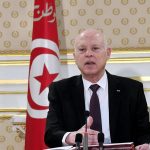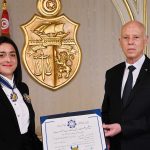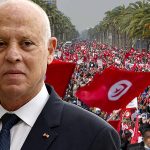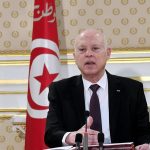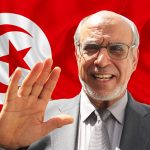Tunisian New Constitution Has Minor Changes; Law Experts Speak Otherwise
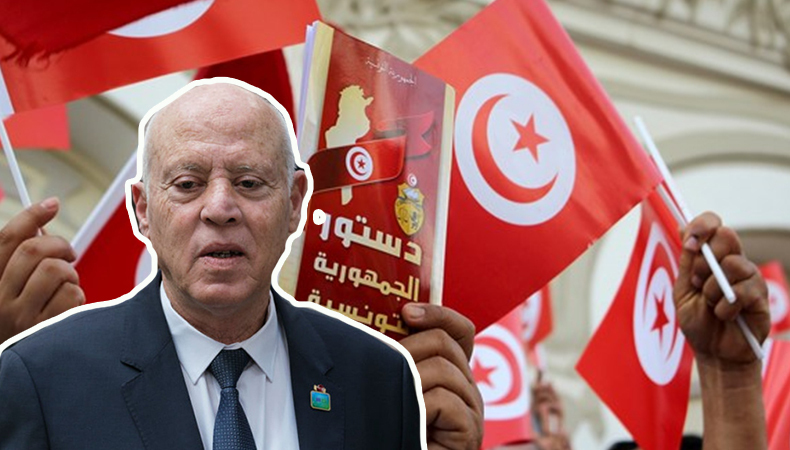

Tunisia is literally without a constitution right now; and the 46 chapters aren’t going to see too much change. The new constitution is going to be out on June30. The official gazette already has a newer version published.
The proposed draft, giving Saied near-absolute powers, will be put to a referendum this month; and it will also remain as the centerpiece to his whole power game, and more so the remaking of the North African country’s political system.
It was unveiled almost a year after Saied sacked the government, suspended parliament and seized wide-ranging powers in moves opponents have called a coup against the only democratic system to have emerged from the Arab Spring revolts. The population has been crying over need for justice, coming to streets shouting slogans of democratic rule.
Related Posts
But it has been all turned to deaf ears. Currently, the legal expert who oversaw the constitution’s drafting has disavowed it, saying it was ‘completely different’ from what his committee had submitted and warning that some articles could “pave the way for a dictatorial regime”.
In the amendments, primarily to two articles, broad range of powers remains with the head of state. Changes have been made to an article that stated Tunisia “is part of the Islamic community” and that “the State must work to achieve the objectives of Islam”. It now adds “within a democratic system.”
The other amendment is to an article about rights and freedoms, which now clarifies that “no restriction may be placed on the rights and freedoms guaranteed in this Constitution except by law and necessity imposed by a democratic order”.
Apart from being the head of armed forced, the President will also have the right to choose judges and prevent them from striking. The document would water down the role of parliament, creating a new parliamentary chamber for “regions and districts”, chiming with Saied’s long-held vision for a decentralisation of power.

